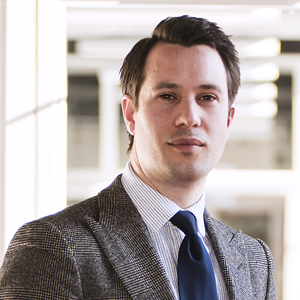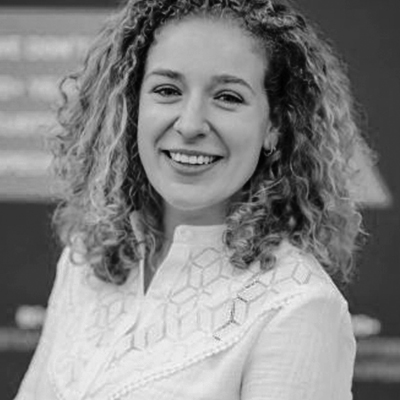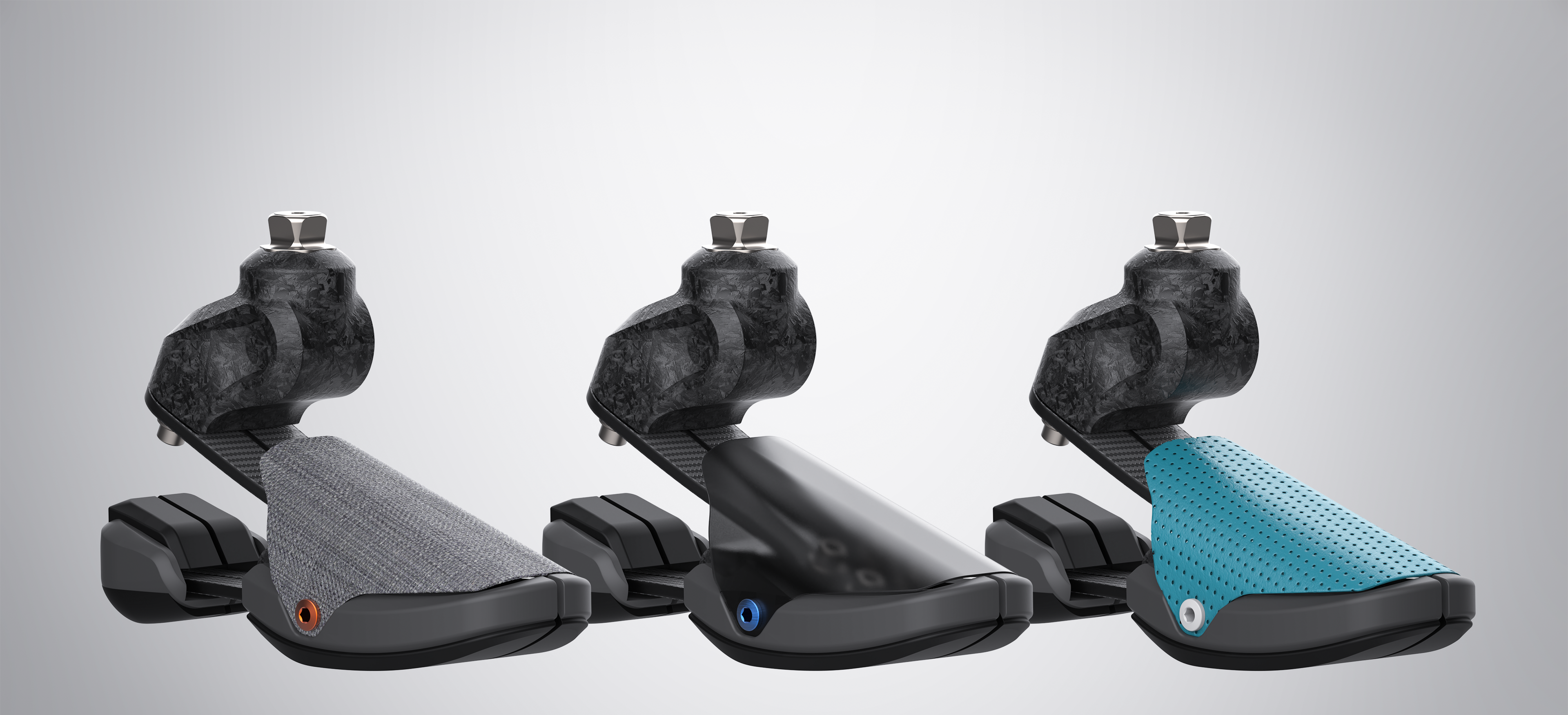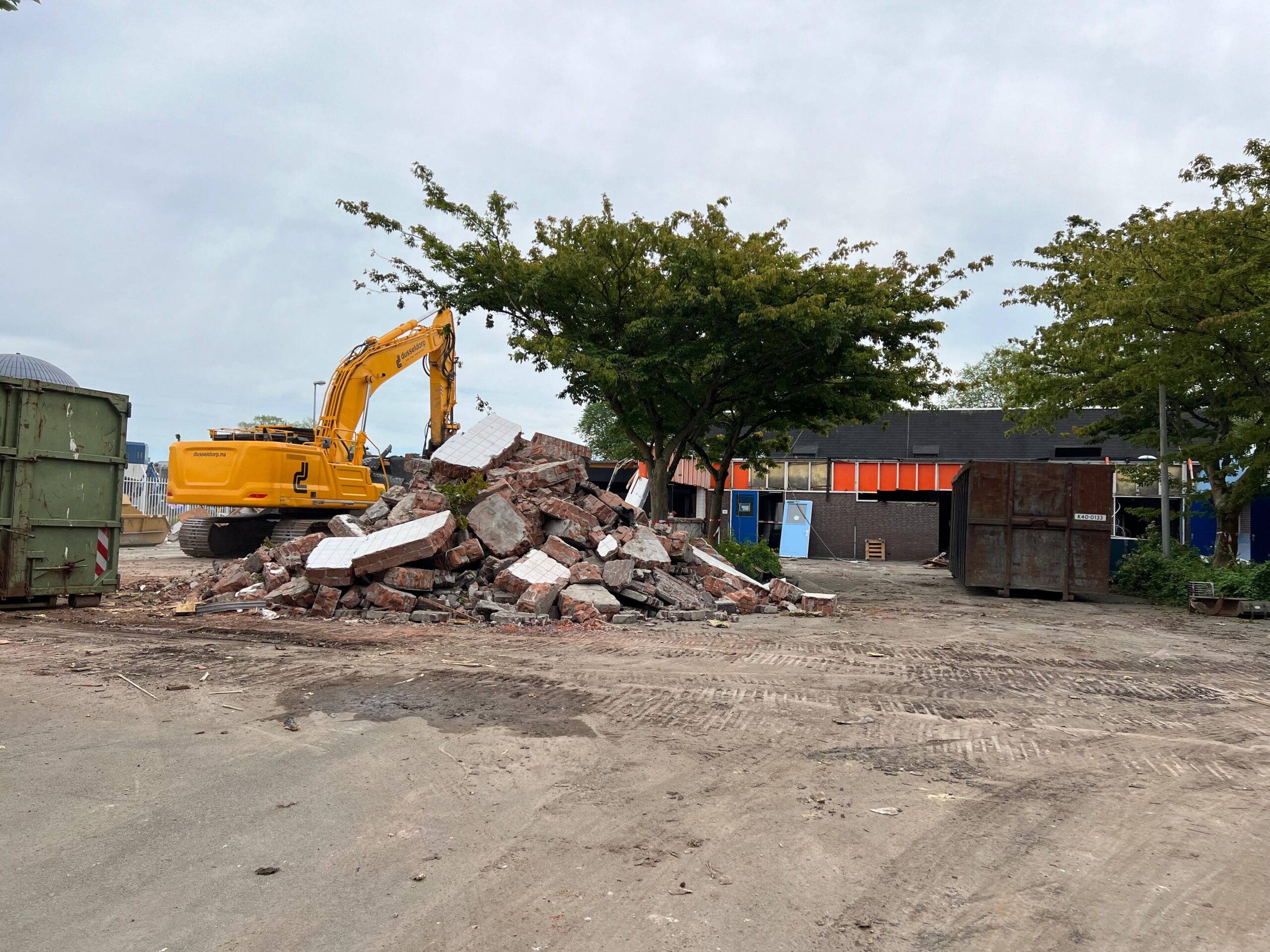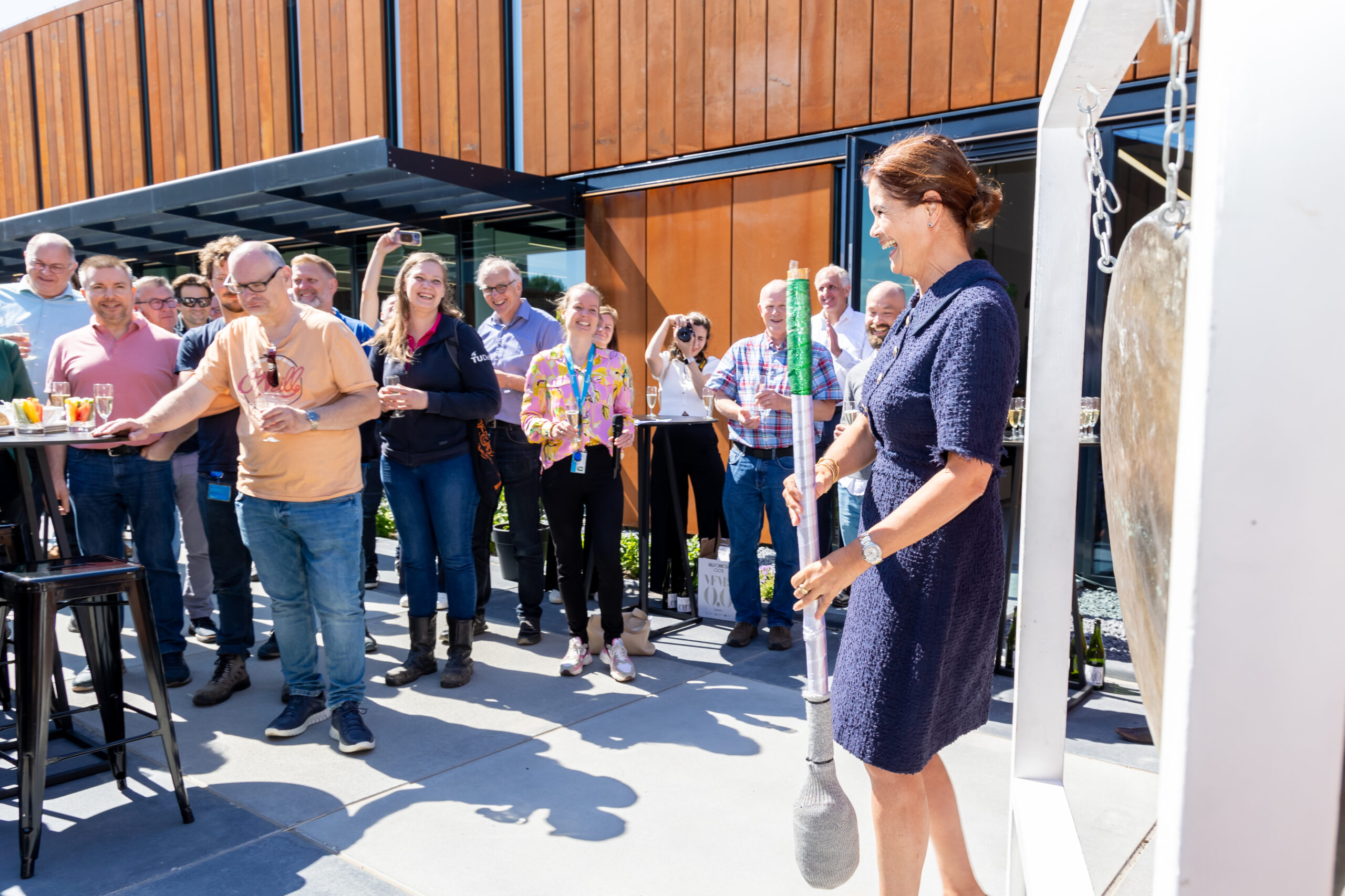Delft Enterprises is the starting point for entrepreneurial TU Delft employees: they help turn a good idea into a successful and profitable business. One of those good ideas came from CyberHydra, and was born out of frustration. Running a lab experiment by hand is often a hard and time consuming process, which was bothering Dr. Evgeny Uslamin. So, he and his Delft University of Technology colleague Dr. Robbert van Putten developed a patented technology to automate experimentation. With expert help from Delft Enterprises on the business end of things they turned their technology into a business proposition and have started testing their prototype with respected research organisation TNO, who is now their industrial partner. Incredible as that sounds, Co-Founder Evgeny makes it seem like simple maths: “It could be done better, so that’s what we did”.
Do it yourself to do it right
Dr. Evgeny Uslamin and Dr. Robbert van Putten partnered up as business associates during their Ph.D. research in Delft three years ago, at the Faculty of Applied Sciences in the department of Chemical Engineering, more specifically the Inorganic Systems Engineering group led by Prof. Evgeny Pidko (who is also a scientific adviser at CyberHydra).
During their research, the need for automated reaction monitoring (explained here) arose when conventional methods were looking to be incredibly time consuming. Building their patented autosampler helped solve the problem and kicked-off their new startup.
Delft Enterprises, who participates in innovative, early stage and technology-based spin off companies of Delft University of Technology, enters the scene at exactly the right time: ‘We have an idea for a business, now what?’ Justin Kok, Innovation Scout at Delft Enterprises, helps them go through all the steps of the patent application and convinces Evgeny and Robbert that there is commercial potential for their innovation. With his assistance, the company CyberHydra was registered February of this year.
Justin’s role as Innovation Scout means he’s involved in the startup’s first phase. Right from the get-go tough calls have to be made. For example: could your idea ever be profitable and do you yourself have what it takes to make your company succeed. A brutally honest but exciting process, which he talks about below.
TU Delft spin-off
CyberHydra’s concept is straightforward, the application however was inexistent: an autosampler system that enables automated sampling of (bio-)chemical reactions. “This didn’t exist, the market for technological advancement in laboratories is quite inert”, says Evgeny. Therefore, coming up with their own innovation seemed only logical.
Evgeny being a Postdoctural Researcher for the last three and a half years in Delft, he considers himself to be a scientist first. “Only recently have I considered myself to be an entrepreneur.” He’s referring to the entrepreneurial experience he gained with the help of Delft Enterprises, who has become a shareholder of CyberHydra.
Strength in numbers
They weren’t the only ones who thought automation in Research & Development was game-changing, because validation from the market quickly followed: TNO was referred to CyberHydra by their network and contacted them for a collaboration. Evgeny is notably proud: “We were positively surprised and excited.”
The partnership with TNO would most likely not have happened had Delft Enterprises not offered their services, having assisted the two entrepreneurial employees turn their innovative idea into a successful company.
CyberHydra and TNO are running several pilot projects this year. “We want to polish up our product and co-develop the final version”, Evgeny elaborates. In April they installed their first setup at one of TNO’s labs and scientists have been testing the system. So far the results seem quite promising. “They can already see that our system helps them to collect better data and to do it so much faster”, says Evgeny. The system will be used throughout this year and will then be updated to a newer version, using TNO’s feedback.



CyberHydra’s innovation follows three steps: plan an experiment, autonomously execute and analyse the data
“TNO can already see that our system helps them to collect better data and to do it so much faster.”
Dr. Evgeny Uslamin (left)
and Dr. Robbert van Putten
Founders CyberHydra
‘To have this kind of support is amazing’
Delft Enterprises being present made all the difference. “To have this kind of support is amazing”, Evgeny states. He’s especially content with the support he received from Justin Kok and Ronald Gelderblom, Investment Director.
For Evgeny having knowledgeable professionals around who can always be contacted has proven to be important, as Justin and Ronald continuously supplied them with useful connections and ideas on funding and building an organisation.
“Neither of us had any background in business, so having this helpline is very valuable,” Evgeny affirms. “I feel scientists can be reluctant to take the step towards business, possibly because they feel like they have to step away from science. That and having a lack of business knowledge. For me, Delft Enterprises helped me to change this mindset.”

